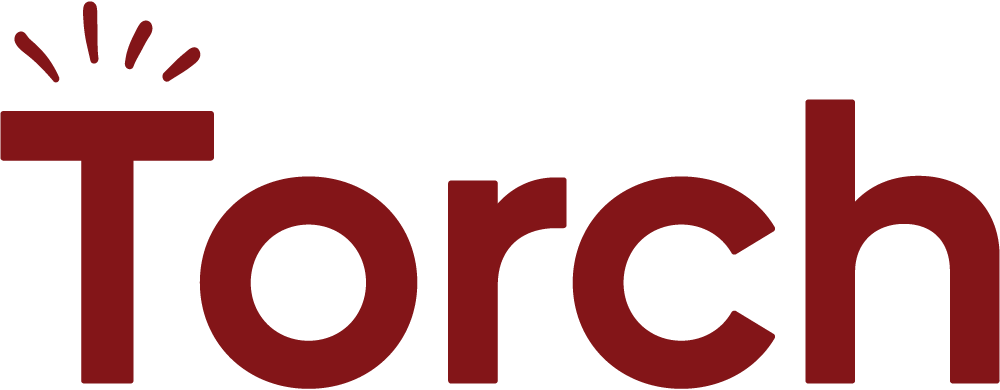Recently, a new client made it known she was skeptical. Her doubts about coaching stemmed from a single, one-hour session with a prior coach that went awry years ago. As a first-time CEO of a fast-growing tech company, her investors had recommended she secure a coach. They encouraged her to become more aware of her blind spots to remove any significant hurdles that could hinder her performance.
In the session, the limiting, often debilitating stories she had been telling herself for decades were confirmed by this coach. Clearly, this particular coach was unable to set her personal biases aside, a skill that is mandatory in a trustworthy coach-client relationship. Instead, my client was told, with absolute conviction, that her internal stories were a reality. One she’d have to accept in order to be successful in her high-visibility role. Tears welled up in her eyes as she recounted this experience. I sat in silence, listening intently, as a deep wave of empathy hit me. It was evident that this prior coach-client relationship was devoid of chemistry and trust.
Because of her prior disadvantageous experience, I knew the best path forward was to proceed slowly with this client. We did not immediately catapult into her internal stories, stirring up the same emotional turbulence. Instead, we discussed her personal relationships, her desired goals and outcomes, and the strengths she currently applies to feel balanced in her life. Most importantly, we laughed. From this levity, she was able to see me as a trusted partner during one of the most challenging growth phases of her career.
Like many clients who have either had a similar experience or who are entering a leadership coaching dynamic for the first time, you may also have the same three doubts about coaching:
1. Can I trust you?
As we all know, building trust takes time. And, if the trust is severed, re-establishing that trust can take even longer.
Record numbers of companies are incorporating leadership coaches to solve acute and chronic conflicts, excel individual and team performance, and level-up rising talent. Choosing an aligned coach does require some due diligence. A smart option is to secure someone through a reputable organization who only partners with vetted, elite coaches.
In terms of building trust at the elemental level, the client-coach relationship is categorically confidential. In isolation, this created a foundation of certainty for my client. Together with a willingness of both parties to display appropriate vulnerability early on in the relationship, there’s an even higher chance that a solid working alliance can develop over time.
To achieve this coveted coherence, highly skilled coaches understand that building trust is analogous to constructing a scaffold. As such, they work to implement the following tools during their client sessions:
-
- Deep, active listening
- Powerful questioning and awareness
- Presence, flexibility, and support
- Direct communication and mutual respect
- Planning and goal setting
- Progress management and accountability
- Championing new client behaviors and wins
When entering any healthy relationship, intuition is our best guide. My client’s dominant patterns of behavior aligned well with my coaching strategy. She needed to feel understood and, at the same time, to be pushed to examine her limiting beliefs within a secure container. This synergy allowed me to be curious, empathetic, direct, and decisive in my approach. Together, we created the space to be vulnerable, which established the highest likelihood of sustainable change.
2. Will this be a waste of my time?
Like my client, most leaders endure frenetic schedules. There is a real need to protect the asset of time. Will the investment create a measurable impact? What makes this process different from other attempts to discover new insight? And, what if the connection isn’t built quickly enough – or at all?
These are valid questions. Thankfully, the concept of leadership coaching has become remarkably sophisticated over the past decade. Two powerful forces are now applied to deliver the most compelling outcomes: high-tech plus human connection.
Through technology, it’s possible to identify the root of hidden strengths and blind spots for development more quickly than conversation alone. This science-backed data is extracted affording leaders the luxury of consistent, targeted feedback to rapidly synthesize and assimilate information while tracking progress for the most sustainable impact. Also, by way of compatibility algorithms, matching a client and coach has never been more on target.
From the human perspective, most people do not come to leadership coaching by accident.
The threshold of what’s at stake to not change is often high enough to seek expert guidance. A skilled coach understands that this is a vulnerable moment for most leaders and can successfully create an appropriate tempo to guide the leader to their ultimate source of performance and potential.
3. How can I sustain these new skills on my own?
This is where neuroscience comes into play. As I reminded my client, our perception of our world isn’t always our fault. There are primitive systems designed to protect us from real or perceived danger. Thankfully, as we learn, we alter the way we experience our environment and ourselves.
Through new stimuli, we have the choice to edit our outdated beliefs which can then lead us to interact and behave differently. When we practice a new behavior consistently, something profound happens at the physiological level: new neural pathways are carved in the brain to support the desired action. This shift is where real change occurs.
Conceptually, my client understood this. Still, there was a high degree of uncertainty about her ability to maintain the new behaviors and mindsets once the initial coaching engagement ended. This fear of slipping back into familiar patterns is understandable. We have been conditioned to believe that changing habits is hard.
The truth is, it takes consistent practice to shift our dominant patterns, but habits sit on a continuum. The chances of sustaining a successful outcome improve dramatically by partnering with a coach who has a concise integration strategy, and who knows how to build out self-efficacy slowly and consistently throughout the relationship.
As the business environment becomes more and more complex, many leaders will immeasurably benefit from the robust solution of coaching. It’s eminently accessible, results-driven, and a validated concept. Like anything worthwhile in life, the decision to engage in leadership coaching requires some level of risk, courage, and a dedication to vulnerability.
Those who get the most out of coaching have a fierce desire to learn and grow. To hover in the comfort zone can be an intolerable place for them. These people need someone who does more than coax and influence behaviors. They need someone who is a master of insightful inquiry. Over time, this relationship can become a vital element to the leader’s learning process, guiding them to – and through – their most formidable barriers to success.
Even though a healthy dose of skepticism may exist for many, it’s possible to find a leadership coach who has devoted years to developing knowledge, wisdom, and experience around communication and organizational dynamics. These coaches have become experts at creating structural shifts, both individually and culturally. These radical shifts allow their clients to consistently view their work, their purpose, and their world from the most compelling, extraordinary lens.
To learn more about the benefits of leadership coaching, request a demo below.


